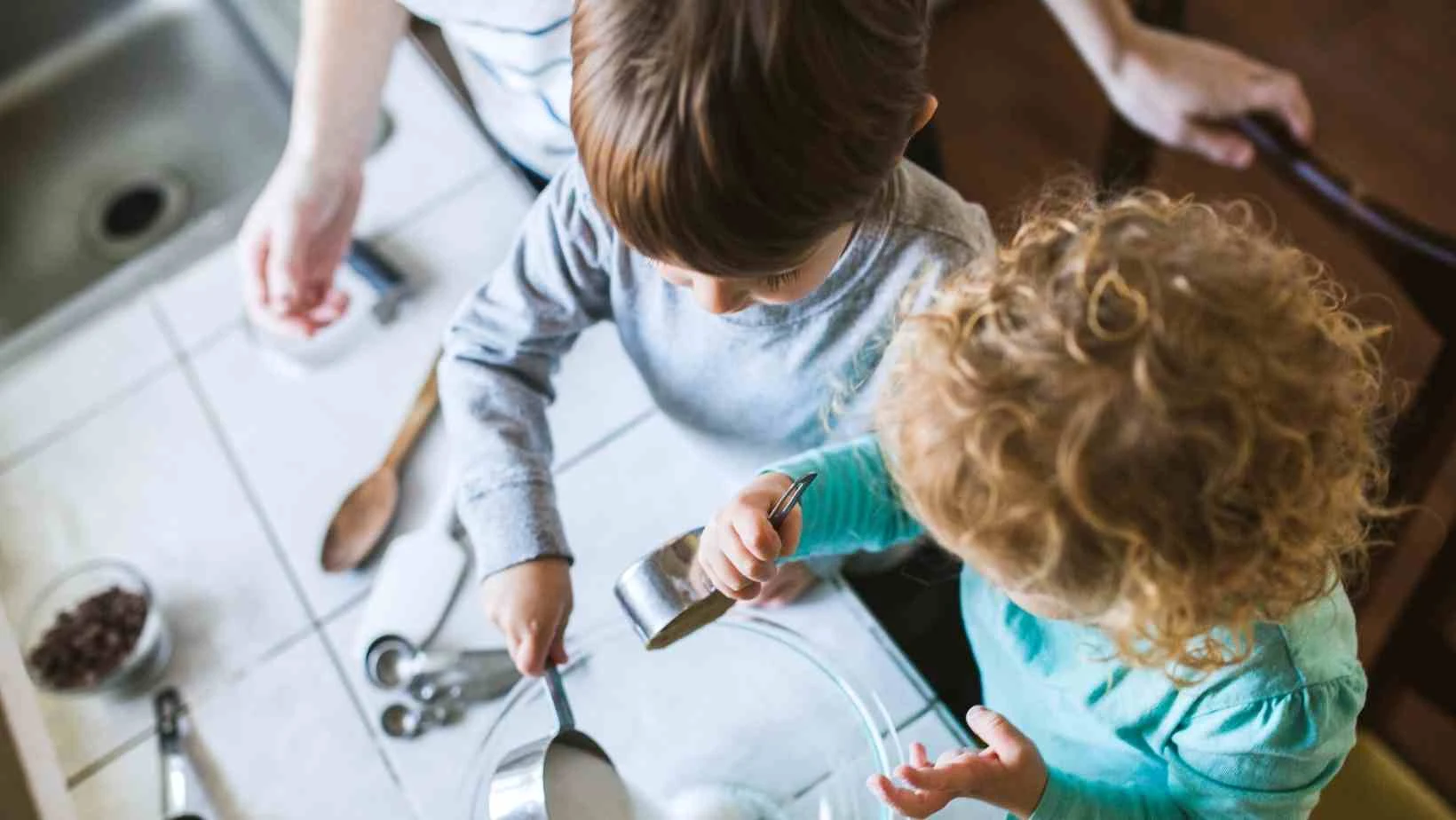Collaborative post by another author. Whether you're a care provider, a parent, or a teacher, it's important to know how you can measure the health and wellbeing of a child in your care. This article will explore some ways that you can do this, from measuring their mental and physical health to monitoring their social skills.
Measuring Their Mental Health
As a care provider, you must understand how to measure and improve the mental wellbeing of children and young people in general. One of the most important ways you can do this is by watching out for any changes in behaviour. For example, you may notice they aren't as talkative, or they don't enjoy the hobbies that they used to.
You should frequently communicate with the people in their lives too. This will include family, friends and teachers. This way, you will be able to know if anything is up.
Measuring Their Physical Health
You should be keeping an eye on the physical health of a child if you are a care provider in some capacity. This can be defined in a few different ways, from observing how they exercise and get around to noticing that they are ill or are coming to you telling you how they feel.
For example, you may notice they are running around with a limp or aren't able to move around as much as they usually do. You should be looking for any signs of change in behaviour and pattern, as this could be a sign that something is wrong with them. Some children may not feel fully confident in approaching you with any physical issues or changes, so it's important to be observant.
While you can measure their physical health with your eyes, there will also be tools you can use and specialists you can visit. There will be plenty of different health signs to look out for that can be measured. The most obvious one is weight, but you should also understand the importance of measuring blood glucose if you have any concerns about excess drinking or frequent toilet visits. Some devices allow you to do this yourself, but you can also visit doctors and blood specialists who can measure your child's blood levels.
You will be able to help monitor your child's physical health by creating a personalised plan. In some serious situations, this may require medication such as insulin to help maintain stable blood glucose levels. Good advice will be to help promote a healthy diet and regular physical activity.
Measuring Their Social Skills
Another important way to measure the wellbeing and health of your child is to keep an eye on their social skills. This can be measured in a few different ways, children will pick up most of their social skills from other children at school, but there will be some important social skills you can teach children yourself.
For example, you can practise talking and communicating with them and measure how much they've improved over time. You could listen and take turns communicating with them to show them how to listen and talk.
A big part of developing social skills involves developing emotional skills. Emotional skills will help them understand, express and cope with different emotions they encounter. One way you can assist with this is to teach them to problem-solve. Ask them questions which challenge them on emotions and how they would deal with them. This will be a great way to measure social skills and develop their overall wellbeing.



















No comments
Thanks for your comment (unless it's spam in which case, why?)